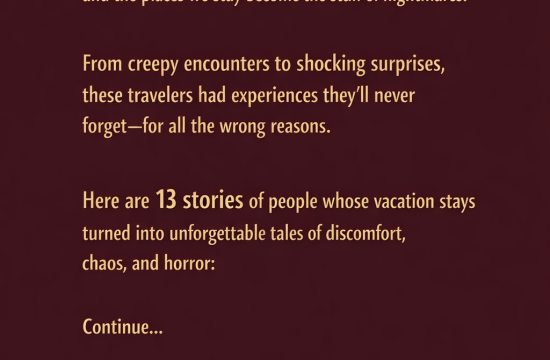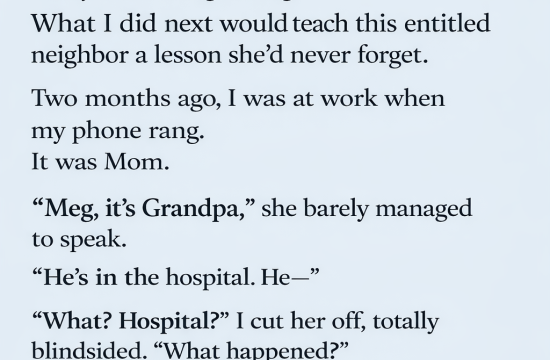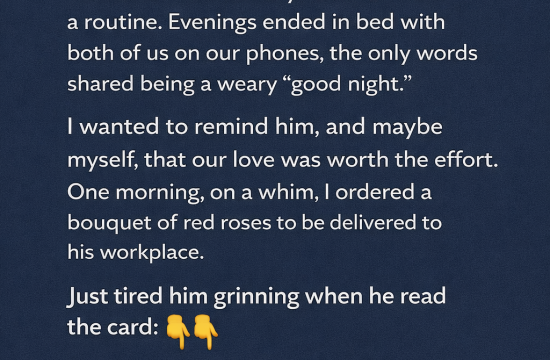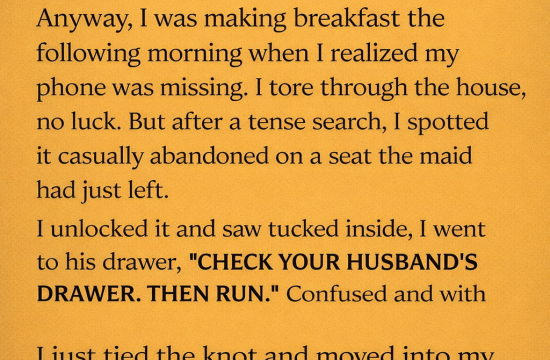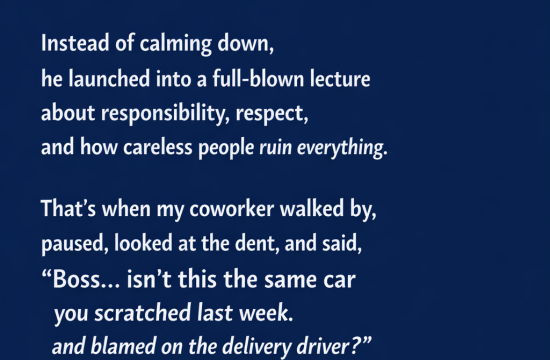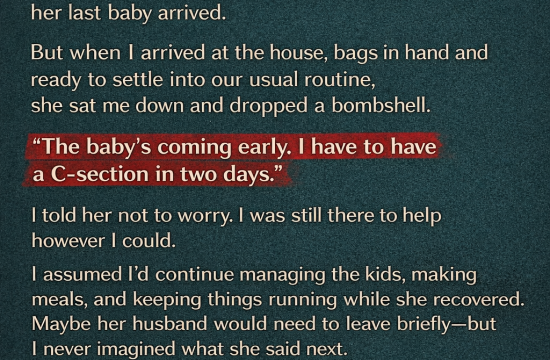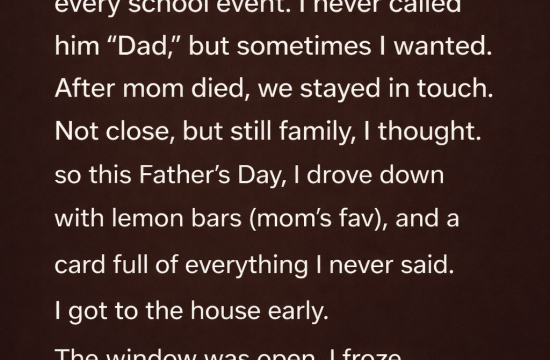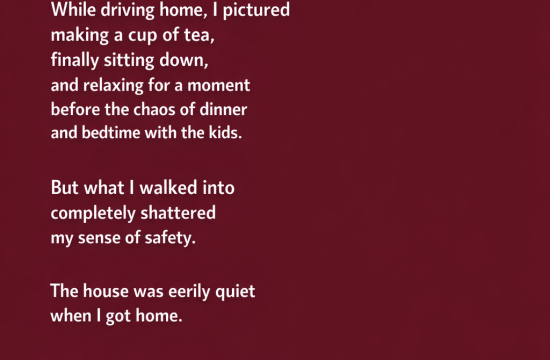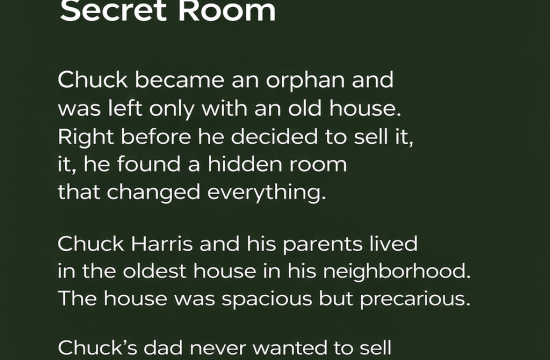When I was fourteen, there was a quiet boy in my class—brilliant beyond his years. He rarely spoke, but when he did, it felt like listening to someone far older and wiser than the rest of us. Teachers whispered about him in the staffroom, calling him a prodigy. He solved math problems in seconds, built intricate circuits from discarded scraps, and once wrote an essay so profound our English teacher stopped mid-sentence, wiped her eyes, and excused herself before finishing it aloud.
He didn’t fit into the noisy chaos of adolescence. While the rest of us worried about grades and popularity, he seemed to exist on a different plane—observing, calculating, quietly understanding things we didn’t even know how to ask.
And then one day, he vanished.
At first, everyone assumed he’d run away. The police searched everywhere—combed the nearby woods, questioned neighbors, even drained part of the river on the edge of town. His locker sat untouched, his desk empty. Weeks turned into months, and still there were no answers.
His parents were the hardest to watch. They stopped answering the door. When they did appear in public, they looked hollow—thin, pale, and permanently exhausted, as if sleep and hope had both abandoned them. People whispered that they knew something, that they were hiding the truth. But no one ever proved it. Eventually, the town did what towns always do—it moved on.
Life went on for me too. School ended, adulthood arrived, and the story faded into memory. Still, every once in a while, usually late at night, I’d think of him. I’d wonder if he was alive. I’d wonder if he’d ever escaped whatever took him away.
Twenty-four years later, I was sitting in my living room, flipping through channels, half-watching a late-night documentary, when my heart nearly stopped.
There he was.
Older, yes—but unmistakable. The same piercing eyes. The same calm, thoughtful expression. His name appeared at the bottom of the screen in bold letters, and for a moment I couldn’t breathe.
The documentary unraveled everything we’d never known.
He hadn’t been kidnapped. He hadn’t run away. He had been recruited—quietly pulled into a classified government program because of his extraordinary mind. His disappearance had been deliberate, carefully staged, and buried beneath layers of secrecy. Even the investigation had been controlled. His parents had known the truth all along but were sworn to silence, forced to live under suspicion, grief, and whispered accusations to protect a secret they could never explain.
For decades, he lived in the shadows—working, thinking, existing without a past. No friends from childhood. No hometown. No permission to be himself.
And now, after all those years, he had walked away.
He was done hiding. Done being a ghost. He was finally ready to tell his story and live openly, as a man instead of a classified asset.
As the credits rolled, goosebumps rose on my arms. Our entire town had mourned him. We had whispered his name like a tragedy, like an unfinished sentence.
And there he was—alive, steady, smiling faintly on national television.
Proof that some mysteries don’t end in loss or death.
Some just wait quietly… for the right moment to return.


